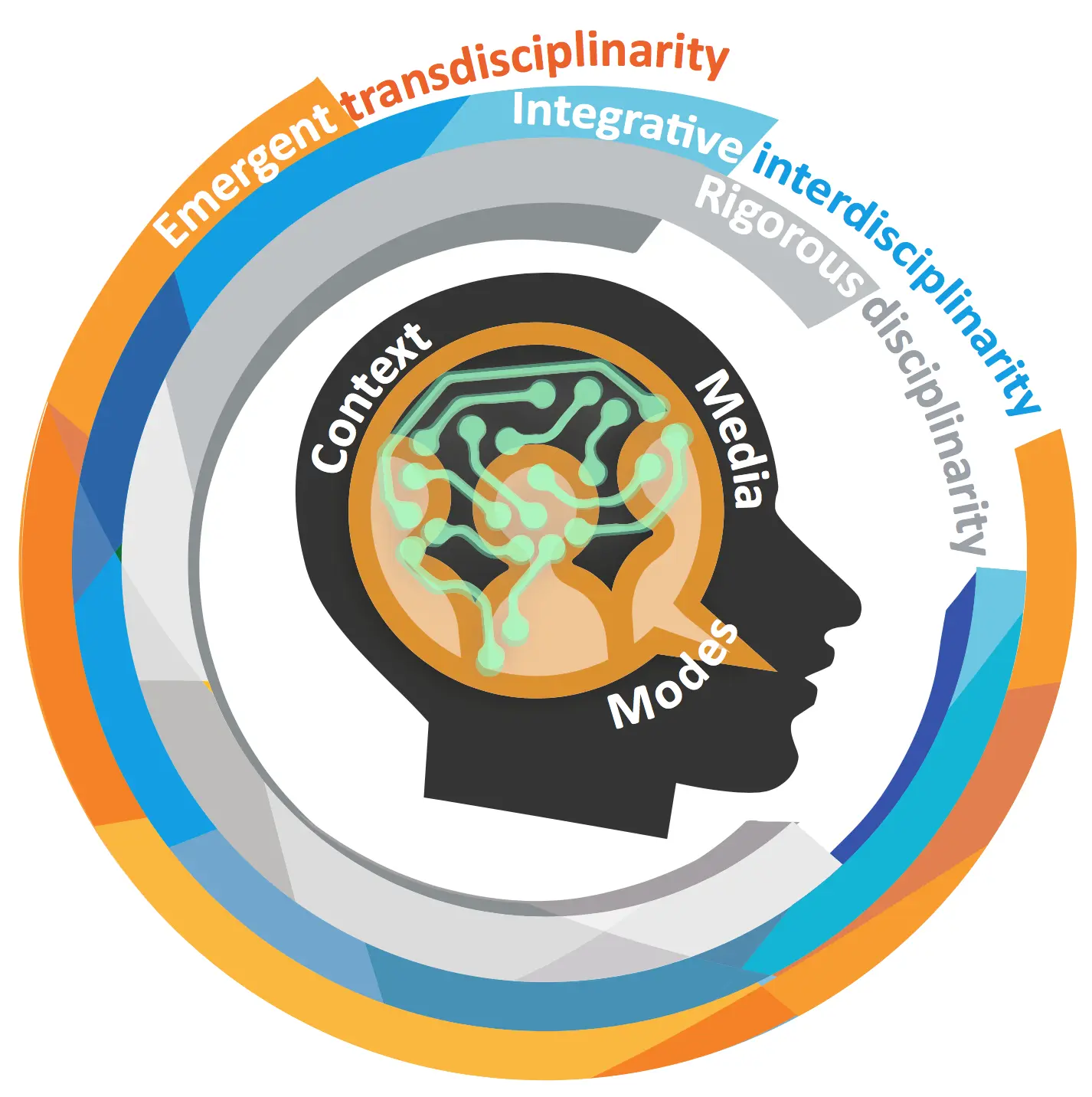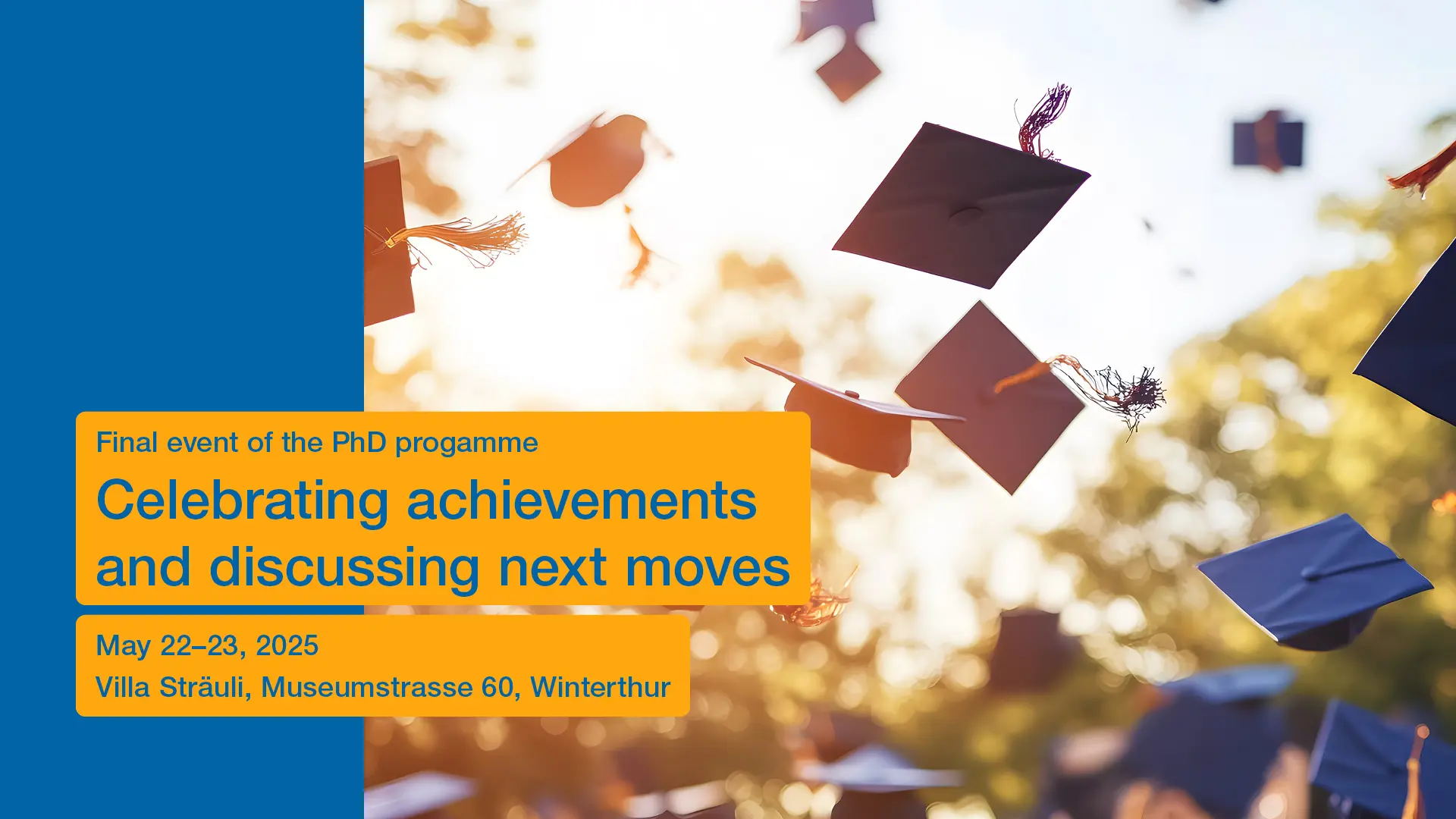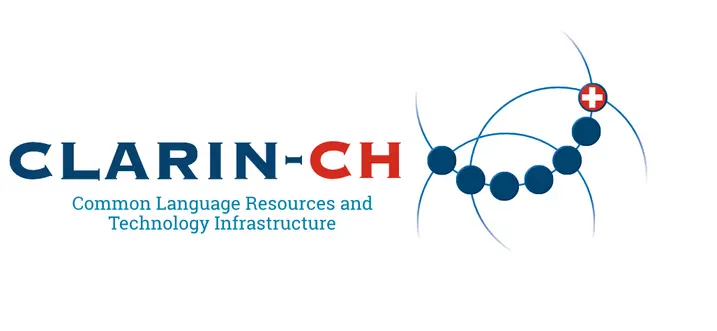Doctoral Programme in Applied Linguistics: Managing Languages, Arguments and Narratives in the Datafied Society (LAND)
The ZHAW School of Applied Linguistics and the USI Faculty of Communication, Culture and Society are pleased to offer a second edition of our collaborative doctoral programme in Applied Linguistics. The programme focuses on languages, argumentation and narratives.
Who are we?
The programme is a cooperation between Università della Svizzera italiana (USI) and the Zurich University of Applied Sciences (ZHAW), funded by swissuniversities. It is geared towards doctoral students whose research project focuses on languages, data, argumentation and narration.
What do we offer?
- Supervision: the programme offers individual supervision of research work by USI and ZHAW professors.
- Courses: seminars, colloquia and transdisciplinary workshops encourage scientific exchange between the participants of the programme and facilitate the transfer of skills between the academic and professional spheres. Courses take place in Winterthur, Lugano and/or online. The language of communication is English.
- Financial support: available for participation in international conferences and publications in academic journals.
The programme
Managing Languages, Arguments and Narratives in the Datafied Society
In our PhD school, we analyse language itself as well as the languages used in a world increasingly driven by artificial intelligence. We focus on arguments and narratives as fundamental modes of human sensemaking through language and their multilayered interplay in educational, professional and public discourse in the current datafied societies. We explore the opportunities and challenges this creates for both research and practice. Our ultimate goal is to identify the value that humans can add to artificial intelligence in datafied societies and their increasingly algorithmic practices of language processing.
Academic relevance

The datafied society keeps machine-readable records of communicative events; these records are accumulated, analysed, and transformed into numerical data. From an (applied) linguistics perspective, this offers new opportunities to collect and process linguistic data, develop new methods and ask new questions. Computational linguists, for example, can participate in the construction of the datafied society by further developing natural language technologies. The datafied society challenges pragmaticians, discourse analysts, sociolinguists and applied linguists, since their focus on human language use increasingly includes communication at human-machine interfaces where new communicative patterns emerge.
The programme combines three-dimensional analyses of language use with a multidisciplinary approach to real-life problems in the datafied society.
Three-dimensional analysis
The school prepares tomorrow’s researchers for the analysis of human language use in datafied societies by combining three analytical dimensions: the context, the media and the modes perspectives.
- From a context perspective, we look at arenas of language use with semiotic, interactional and multilingual foci. Such views enable applied linguists to understand languages as systems that support constructing shared meanings and interacting in dynamically changing contexts. On a practical level, they help address linguistic variation and diversity by interacting with real-life problems that require sustainable solutions.
- From a media perspective, we focus on the treatment of linguistic data in society, professional practices and research. In doing so, we analyse and reflect on corpus-based and corpus-driven use of and research into languages using digital and digitised data on a large scale and on instruments such as machine translation that are used to manage linguistic diversity today.
- From a modes perspective, we foreground the interplay of two fundamental discourse modes that are particularly critical for understanding the changing sensemaking practices in a datafied society: argumentation and narrative.
Argumentation is an exchange in which reasons are provided in support of a viewpoint on an open issue. Recent research on argumentation has emphasised its potential for rational deliberation and how attempts at argumentation through digital communication platforms can easily become unproductive and polarised. We examine argumentation with a preference for investigating large-scale discussions in society and with a special attention to the growing field of Argument Technologies, such as Argument Mining and Debating Agents.
Narrative is a mode of discourse capable of making the world understandable and of creating identification that is prominently used in the construction of public spheres and discourse, e.g., in journalism, public communication, corporate communication and marketing. From a discourse viewpoint, we address the changes brought about by digitalisation in these fields, e.g., the practices of oral and written narration in fragmentary contexts such as social media. Particular attention is dedicated to the challenges posed by unchecked stories and the disruptions created by the clash of competing narratives.
Multidisciplinary approach
The courses and the other activities of the school will address each perspective at three levels of disciplinarity by:
- showcasing the most significant theoretical and methodological developments in the field of applied linguistics and neighboring disciplines, building on deep and rigorous disciplinarity;
- foregrounding technological developments in general and artificial intelligence (AI) technologies in particular for both language use and language research, in integrative interdisciplinarity with AI research;
- focusing on potential human and social values added to AI-driven language use and research, through emergent transdisciplinary collaboration with experts from academic and professional fields.
Fundamental and advanced digital skills for linguists
On a hands-on level, the school includes methodological courses (with an emphasis on corpus-based methods) as well as basic and advanced courses in natural language processing (NLP) and Computational Linguistics, with the aim of training linguists who have sufficient literacy in these fields to do fundamental and applied research on language in the datafied society.
Current events
Final event

Join us to celebrate the achievements of our participants and alumni in the PhD programme on Managing Languages, Arguments and Narratives in the Datafied Society (LAND). This is a moment to share insights, exchange ideas for the future, and honor everyone who has contributed to the PhD programme and our transdisciplinary community with a certificate.
To be continued
We are pleased to announce the continuation of our PhD programme in a new format. With an innovative linguistic focus and an expanded network of cooperation partners—both long-standing and new—we are strengthening our commitment to applied linguistic research, interdisciplinarity and transdisciplinarity.
This new phase of our programme will offer opportunities for doctoral candidates employed at Zurich University of Applied Sciences to conduct innovative research and academic exchange. Stay tuned for further details on the updated programme structure and partnerships.
Past events
- PhD seminar: Speech acts in discourse and interaction (PDF 215 kB)
- "Reworking Research: Transforming Articles into Blogs", Masterclass by Ken Hyland
- PhD workshop: «Methoden zur Untersuchung sprachlicher Praxis»
- PhD seminar: «Uncovering implicit meaning in textual data» (PDF 386 kB)
- Spring School 2024 (PDF 288 kB)
- "Societal Impacts of Language Technology: How to Work with Known Best Practices to Avoid Harm", Masterclass by Emily M. Bender
- "Meaning Making with Artificial Interlocutors and Risks of Language Technology", Masterclass by Emily M. Bender
- "Discourse, Knowledge and Context", Masterclass by Teun van Dijk
- "Social Movement Discourse", Masterclass by Teun van Dijk
- PhD seminar: “The Argumentum Model of Topics (AMT) approach to argumentative inference” (PDF 81 kB)
- Course Announcement Writing Retreat (PDF 2.83 MB)
- Individual Coaching Sessions (PDF 1.54 MB)
- Fall series LAND PhD seminars (PDF 110 kB)
- Phd seminar: «Machine Learning Techniques for Text» (PDF 108 kB)
- PhD seminar: "The ‘data-analysis-theory’ circle in the study of dialogue and argument." (PDF 214 kB)
- PhD course: «Argumentation Theory: A Pragma-Dialectical Perspective» (PDF 138 kB)
- Writing Retreat (PDF 2.68 MB)
- Spring School 2023 (PDF 198 kB)
- Winter School 2022 (PDF 184 kB)
- Winter School 2022: Abstracts (PDF 207 kB)
- Guest Lecture: «The Roles of Language in International Business: The Future is Transdisciplinarity» (PDF 404 kB)
- Seminar: «Career outlook with a PhD in linguistics» (PDF 384 kB)
- PhD Toolbox Event (PDF 175 kB)
- Schedule Spring Semester 2022 (PDF 377 kB)
- Schedule Autumn Semester 2021 (PDF 200 kB)
- Schedule Spring Semester 2021 (PDF 220 kB)
- INCEpTION Workshop (PDF 117 kB)
About us
Application requirements and practical information
Who can participate?
- Candidates enrolled as doctoral students at a Swiss university
- Candidates either just starting or already at a more advanced stage of their doctoral research
- Admission of candidates with a Master's from a university of applied sciences is possible at USI upon evaluation of each profile
Prospective students should send their academic CV, a description of their research focus and a letter of motivation (including how their research topic fits into the programme’s theme) to Eva Kuske (eva.kuske@zhaw.ch).
Travel Grant Requirements: We offer our doctoral students financial contributions for the attendance of conferences in a relevant research field in Switzerland and abroad. A maximum amount of CHF 500 is available per request. Applications for financial grants must be submitted before the conference. They must be sent by email to eva.kuske@zhaw.ch. The applications will be examined by the directors of the doctoral programme.
The application should contain the following information, compiled in a single PDF document:
- a letter stating both the reason for the application as well as the relevance to the research field in general and your thesis in particular (approx. 250 words)
- the submitted or accepted lecture abstract
- a budget containing transport and accommodation costs as well as conference fees
Applicants will be informed about the directors’ decision as soon as possible. In the case of a lecture abstract that has not been accepted yet, a positive decision is not final until the lecture abstract has been accepted. Payments are made after lectures have been held.


